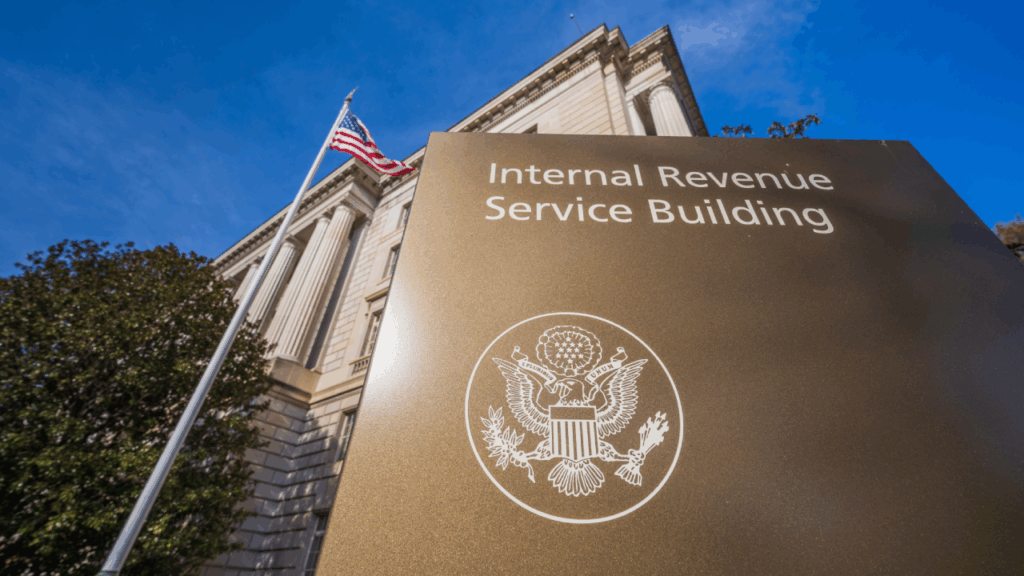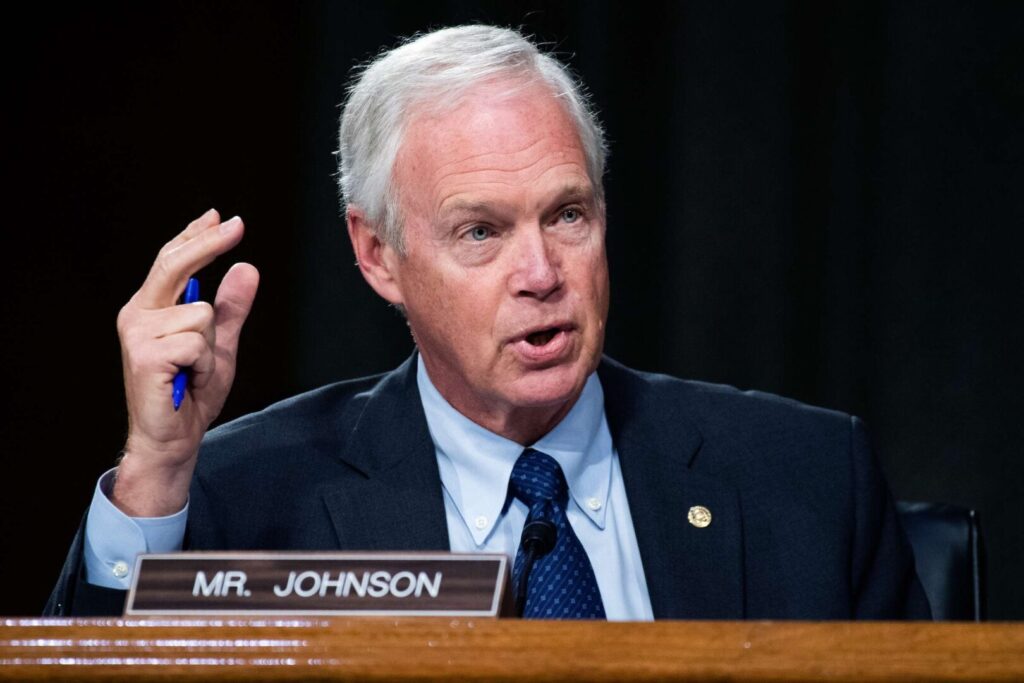The IRS has lifted its ban on political endorsements by tax-exempt religious organizations and churches, causing mixed reactions.
The policy change is drawing praise and concern from religious leaders, tax experts, and legal scholars after the agency signaled that pastors may speak in support of political candidates from the pulpit without jeopardizing their churches’ tax-exempt status.
The IRS made the statement in court filings Monday, suggesting that “good faith” communications by clergy to their congregations do not violate the long-standing Johnson Amendment, a 1954 law that bars churches and nonprofits from participating in political campaigns. While the rule has historically been enforced sparingly, the agency’s new stance is being seen as a major interpretive shift.
“Communications from a house of worship to its congregation in connection with religious services through its usual channels of communication on matters of faith do not run afoul of the Johnson Amendment as properly interpreted,” the IRS wrote.
The clarification comes after mounting legal challenges from conservative faith groups, including the National Religious Broadcasters association, who argue the amendment infringes on First Amendment rights.
President Donald Trump applauded the IRS assessment during remarks to reporters Wednesday.
“I love the fact that churches can endorse a political candidate,” Trump said. “We have a lot of respect for the people that lead the church.”
The announcement has split faith communities and legal observers. Some religious leaders cheered the change as a long-overdue expansion of free speech rights.
“The IRS has no business dictating what can be said from the pulpit,” said Pastor Robert Jeffress of First Baptist Dallas, a longtime Trump supporter. “They need to stay the heck out of our churches.”
Jack Hibbs’ Calvary Church Chino Hills in California has been endorsing candidates for years. Gina Gleason, who leads the church’s political outreach team, said the IRS clarification could empower smaller churches to speak more freely.
“We got sound legal advice that told us we were within our constitutional rights,” she said. “Now others can feel confident, too.”
Others, however, warned that the move could blur the lines between church and state, opening the door to partisan abuse.
“This is essentially creating a political intervention tax shelter for churches,” said Philip Hackney, a University of Pittsburgh law professor who specializes in nonprofit law. “It could corrupt their mission, pushing them toward politics and away from their core beliefs.”
Rev. Mark Whitlock of Reid Temple AME Church in Maryland expressed skepticism on behalf of many Black church leaders.
“From those of us in the Black church, this decision is being viewed with caution, apprehension and skepticism,” he said. “The question we’re asking is: ‘Why now?’”
Raymond Chang, president of the Asian American Christian Collaborative, added that the move may pressure churches to align with political identities. “This can lead to a partisan identity becoming the primary marker of a church or congregation, over a commitment to the Gospel,” Chang said.
A 2022 Pew Research Center survey found that 8 in 10 U.S. adults oppose churches endorsing political candidates. While white evangelicals and Black Protestants were more divided, most religious groups showed strong opposition.
Some experts urged churches to interpret the IRS statement carefully.
Roger Colinvaux, a law professor at Catholic University of America, noted that the IRS never used the word “endorse” in its filing. “Churches should be cautious not to overinterpret the statement,” he said.
Even some progressive faith leaders saw the ruling as a chance to level the playing field. Doug Pagitt, director of Vote Common Good, said the previous ambiguity had caused Democrats to avoid religious outreach.
“There was a true imbalance,” Pagitt said. “You could talk politics in the church gym but not the sanctuary. That’s just silly.”
Still, the U.S. Conference of Catholic Bishops signaled no change in practice. “The Catholic Church maintains its stance of not endorsing or opposing political candidates,” said spokeswoman Chieko Noguchi. “We seek to help Catholics form their conscience in the Gospel.



